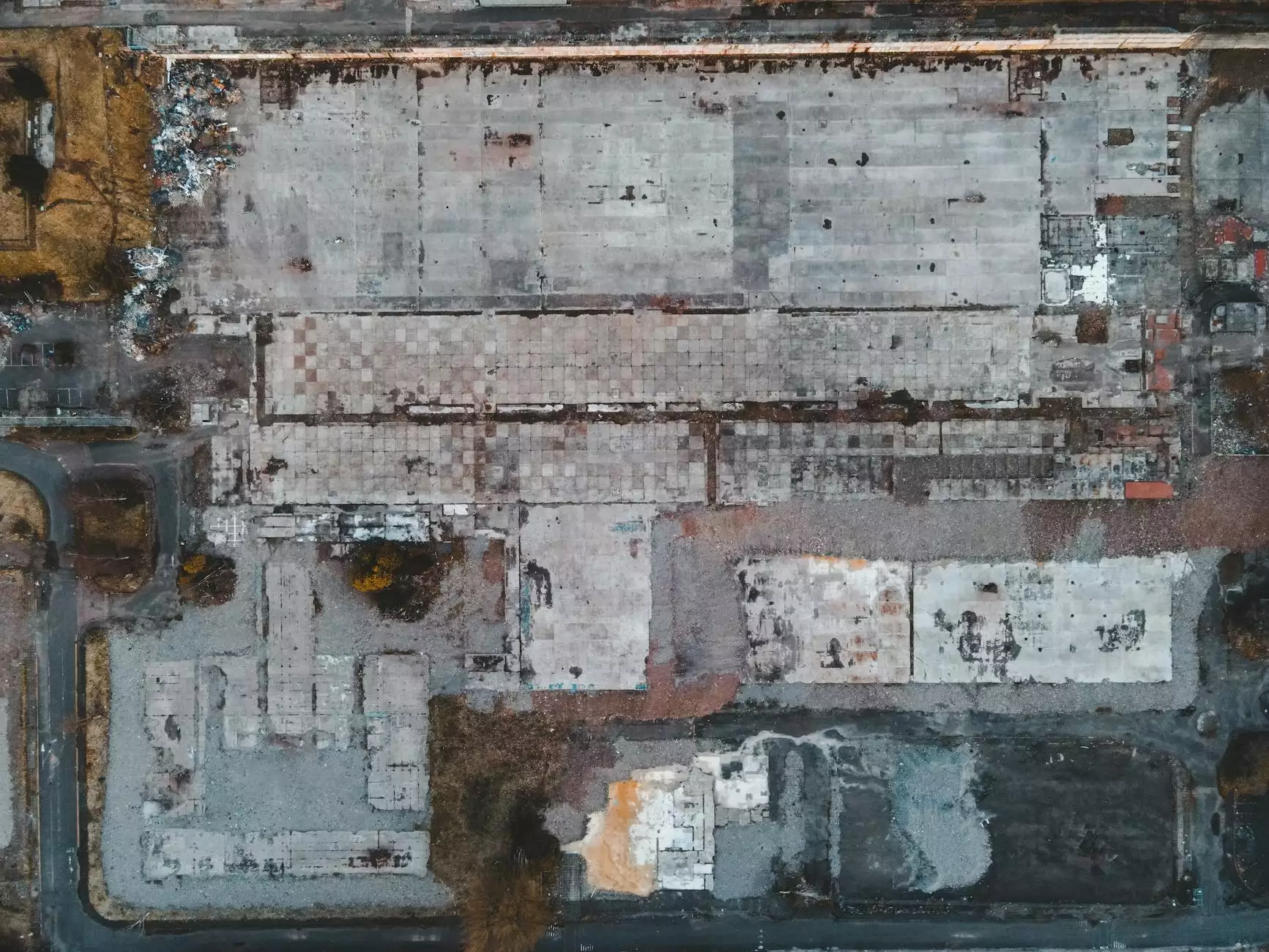Investing in Properties in Singapore: A Comprehensive Guide

Singapore's real estate market has long been a magnet for investors and homebuyers alike. The combination of a stable economy, excellent infrastructure, and a strong legal framework makes it an attractive choice for those looking to invest in properties in Singapore. In this article, we will explore the various facets of the property market, including market trends, key investment strategies, and the unique characteristics that make Singapore a prime location for real estate investment.
The Current State of Properties in Singapore
The properties in Singapore market has shown remarkable resilience, especially in the face of global economic challenges. Real estate prices have seen steady growth over the years, bolstered by demand from both local and foreign investors.
- Price Stability: According to recent reports, Singapore's residential property market has demonstrated stable price increases, making it a less volatile investment compared to other global markets.
- Foreign Ownership: Singapore allows foreign ownership of properties, with certain regulations in place. This opens the doors for international investors looking to tap into this lucrative market.
- Government Policies: The Singaporean government regularly reviews property regulations to ensure that the market remains balanced and sustainable, contributing to long-term investment stability.
Cultural Aspects Affecting Property Investment
Understanding the cultural nuances of Singapore is crucial when considering properties in Singapore. The diverse population contributes to a multifaceted market that appeals to different buyer segments.
Ethnic Diversity
With a rich mix of Chinese, Malay, Indian, and other ethnic communities, the cultural dynamics in Singapore influence property trends. For example, certain neighborhoods are more popular among specific communities, often affecting property values and rental demand.
Importance of Location
Singaporeans place a premium on location. Proximity to amenities, schools, and transport hubs can significantly impact property desirability. Assessing neighborhoods based on these criteria can provide valuable insights for potential investors.
Types of Properties in Singapore
When considering properties in Singapore, investors can choose from a variety of property types, each with its own set of benefits and challenges.
1. Residential Properties
Residential properties represent a significant portion of the real estate market. These include:
- Condominiums: High-rise apartments offering shared amenities that cater to young professionals and expatriates.
- Landed Properties: Private houses such as bungalows and semi-detached homes, appealing to families looking for more space.
- HDB Flats: Public housing developed by the Housing & Development Board, which are affordable and popular among Singaporeans.
2. Commercial Properties
Investors also have the option to explore commercial properties, which can yield high returns through rental income. This category includes:
- Office Spaces: These are sought after by businesses looking for strategic locations in business districts.
- Retail Shops: Investing in retail properties can be lucrative, especially in high-traffic areas.
- Industrial Properties: Warehouses and factories present opportunities for businesses and investors alike.
Investment Strategies for Properties in Singapore
To maximize returns, investors must adopt effective strategies tailored to the unique market conditions in Singapore. Here are several key strategies:
1. Research and Due Diligence
Before committing to a property, thorough research is essential. Consider factors such as:
- Market trends and historical price performance.
- Neighborhood demographics and future development plans.
- Property condition and potential renovation costs.
2. Leverage Government Schemes
The Singaporean government offers various schemes that aid property buyers and investors. These include:
- ABSD (Additional Buyer’s Stamp Duty) exemptions for first-time buyers.
- Grants for eligible families purchasing HDB flats.
- Support for green building initiatives, attracting eco-conscious investors.
3. Networking with Real Estate Professionals
Building relationships with real estate agents and professionals in the industry can provide valuable insights and help identify off-market opportunities.
Navigating the Legal Landscape
The Singporean property market is governed by stringent laws and regulations designed to protect both buyers and sellers. Understanding these legalities is crucial for smooth transactions.
Property Ownership Regulations
Foreigners are permitted to purchase condominiums with certain restrictions. However, there are conditions for landed properties, and it’s advisable to consult with a real estate lawyer to navigate these complexities.
Understanding Property Taxation
It is essential for investors to acquaint themselves with property taxes, such as:
- Property Tax: Annually levied on all property owners based on the annual value of their properties.
- Goods and Services Tax (GST): Applicable to some property transactions, particularly in the sale of commercial properties.
Market Trends Affecting Properties in Singapore
The property market in Singapore is influenced by various trends that can affect investment opportunities:
1. Rising Demand for Green Properties
As sustainability becomes increasingly important, properties with green certifications are in demand. Investors can capitalize on this trend by focusing on eco-friendly developments.
2. The Shift Towards Smart Homes
Technological advancements are driving demand for smart home features. Properties equipped with smart technology can attract premium prices and offer better rental returns.
Financing Your Property Investment
Securing financing for properties in Singapore involves understanding the mortgage landscape:
Mortgage Options
- Bank Loans: Most buyers opt for bank loans, which require a good credit score and financial standing.
- Government Loans: HDB offers loans for eligible applicants purchasing HDB flats, with lower interest rates and minimal downpayment.
Understanding Loan-to-Value Ratio
The Loan-to-Value (LTV) ratio is crucial in determining how much financing you can secure. Understanding and optimizing this ratio can enhance your investment portfolio.
Conclusion
Investing in properties in Singapore can be a rewarding venture with the right knowledge, preparation, and strategy. By understanding the market dynamics, leveraging opportunities, and navigating the legal landscape, investors can position themselves for success in this flourishing market. Remember, the journey of property investment is complex but filled with potential rewards for those willing to dive in and engage with the broad spectrum of opportunities available in Singapore’s real estate sector.
For more assistance in your real estate journey, consider reaching out to experienced real estate agents at sgluxuryhomes.com.sg who can provide tailored support and guidance.
properties in singapore








